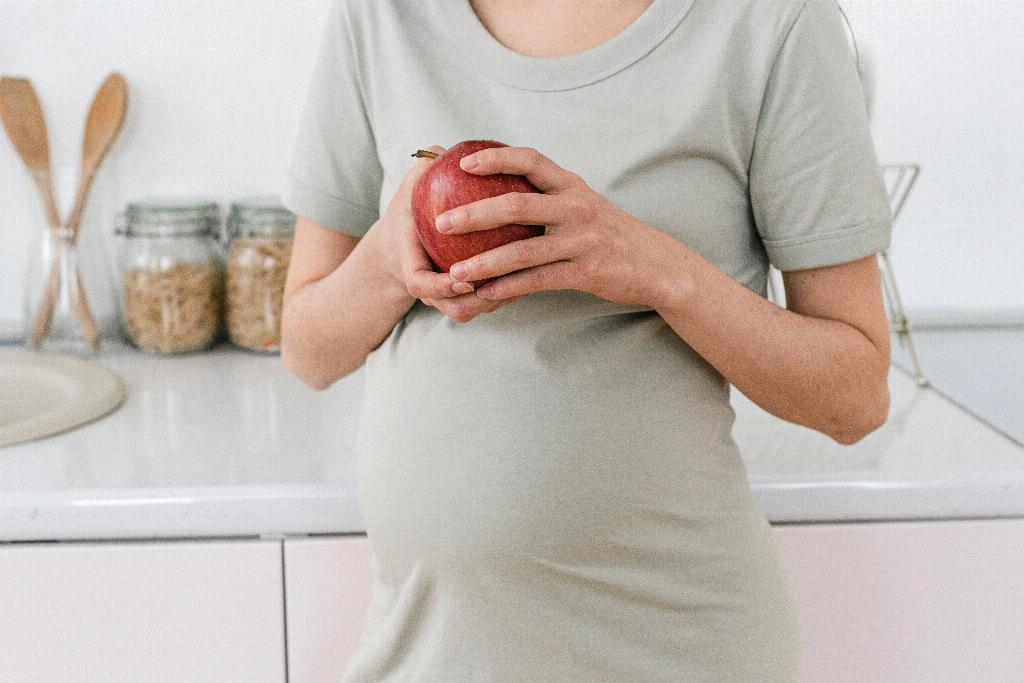During the early stages of pregnancy, it is important to pay attention to the types of teas you consume to ensure the health and well-being of both you and your baby. One crucial consideration is the amount of caffeine present in certain teas, as excessive caffeine intake has been linked to potential adverse effects during pregnancy.
Teas that should be avoided in early pregnancy include those that contain high levels of caffeine. Black, green, white, matcha, chai, and oolong teas are all derived from the Camellia sinensis plant, which naturally contains caffeine. Caffeine is a stimulant that can have an impact on your body and also pass through the placenta to the baby.
Experts recommend limiting your intake of caffeinated teas during pregnancy to reduce the risk of potential complications. Consuming too much caffeine during pregnancy has been associated with an increased risk of miscarriage and low birth weight, among other concerns.
While moderate caffeine consumption is generally considered safe during pregnancy, it is still advisable to exercise caution and be mindful of your overall caffeine intake. It is recommended that pregnant women limit their caffeine intake to around 200 milligrams per day, which is roughly equivalent to one 12-ounce cup of coffee.
In addition to caffeine content, certain herbal teas should also be avoided during early pregnancy due to their potential effects on pregnancy outcomes. Herbal teas, often made from various plants, herbs, and spices, may contain compounds that could be harmful if consumed in large quantities during pregnancy.
Some herbal teas that should be avoided in early pregnancy include those known to have uterotonic properties, such as black cohosh, blue cohosh, and pennyroyal. These herbs have the potential to stimulate uterine contractions and may increase the risk of early labor or miscarriage.
Other herbal teas that may have unknown effects on pregnancy should also be approached with caution. It is always advisable to consult with your healthcare provider or a qualified professional before consuming any herbal teas during pregnancy to ensure their safety and suitability for your individual circumstances.
When selecting teas to consume during early pregnancy, opt for caffeine-free herbal teas or those specifically formulated for pregnant women. These teas are often created with ingredients that are considered safe for pregnant women and may offer additional benefits such as aiding in nausea relief or promoting relaxation.
Steering clear of teas with unknown ingredients or potential risks is key to supporting a healthy and safe pregnancy journey. Remember to prioritize your well-being and that of your baby by making informed choices when it comes to the beverages you consume during this special time.
In conclusion, it is important to avoid teas with high caffeine content, such as black, green, white, matcha, chai, and oolong teas, during early pregnancy to minimize potential risks associated with caffeine consumption. Additionally, herbal teas known to have uterotonic properties should be avoided, and caution should be exercised when consuming other herbal teas with unknown effects on pregnancy outcomes. Consult with healthcare professionals for guidance on selecting safe and beneficial teas to enjoy during your pregnancy journey.

